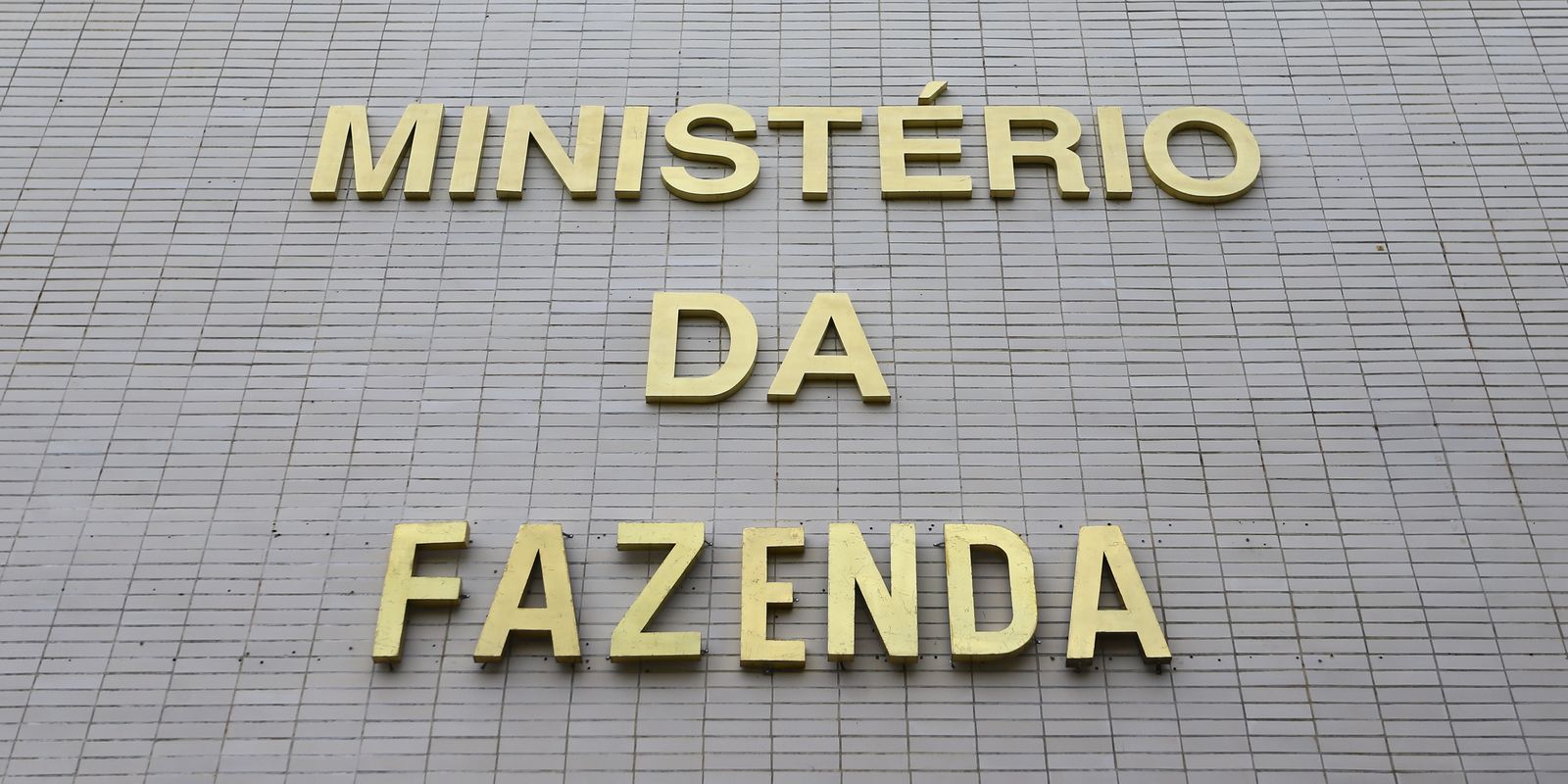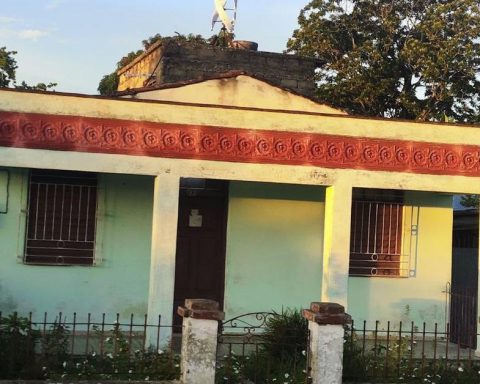Without the impact of the early payment of the thirteenth salary to retirees and pensioners, the accounts of the Central Government (National Treasury, Social Security and Central Bank) closed July with a primary deficit of R$9.283 billion. The value represents a real decrease (discounting inflation) of -75.3% compared to the same month last year.
Despite the drop, the result was worse than expected by financial institutions. According to the Prisma Fiscal survey, published every month by the Ministry of Finance, market analysts expected a negative result of R$7.3 billion in July.
In the first seven months of the year, the Central Government recorded a primary deficit of R$77.858 billion. In values adjusted for inflation, the amount is 5.2% lower than in the same period last year, when there was a primary deficit of R$79.154 billion.
The primary deficit represents the difference between revenues and expenditures, disregarding the payment of interest on the public debt. This year’s Budget Guidelines Law (LDO) and the new fiscal framework establish a zero primary deficit target, with a tolerance margin of 0.25 percentage points of the Gross Domestic Product (GDP) above or below, for the Central Government.
At the end of July, the Income and Expenditure Assessment Report projected a primary deficit of R$28.8 billion for the Central Government, equivalent to a negative result of 0.1% of GDP. The value is exactly equivalent to the deficit tolerance margin of 0.25 percentage points of GDP.
Even with record revenue this year, the government froze R$15 billion of the budget. Of the R$15 billion frozen, R$11.2 billion were blocked to avoid breaching the spending limit of the new fiscal framework and R$3.8 billion were contingent (temporarily cut) to avoid exceeding the tolerance margin of the fiscal rules.
Revenues
Compared to July last year, revenues rose, but expenses plummeted due to the difference in the calendar for the thirteenth salary of the National Institute of Social Security (INSS). Last month, net revenues rose 14.5% in nominal terms. After discounting inflation by the Broad National Consumer Price Index (IPCA), the increase reached 9.5%. In the same period, total expenses fell 1.8% in nominal terms and 6% after discounting inflation.
The primary deficit occurred despite the record federal revenue in July. If we only consider managed revenues (related to the payment of taxes), there was a 15.5% increase in July compared to the same month last year, after adjusting for inflation.
The main highlights were the increase in Corporate Income Tax and the Social Contribution on Net Income (CSLL), caused by the increase in profits of large companies; the Contribution for the Financing of Social Security (Cofins), resulting from the recomposition of taxes on fuel and the recovery of the economy; and the increase in the collection of Income Tax Withheld at Source, due to the taxation on exclusive funds, which came into effect at the end of last year.
Revenues not managed by the Federal Revenue Service fell 5.8% after adjusting for inflation compared to July last year. The biggest drops were caused by concessions and permits and dividends from state-owned companies, whose payments were not made in July. The R$318.3 million increase in royalties, resulting from the appreciation of oil on the international market, prevented a bigger drop.
Expenses
As for spending, the main factor in the monthly drop was spending on Social Security, which fell by R$21.2 billion after adjusting for inflation, mainly due to the difference in the payment schedules for the Social Security thirteenth-month payment. Last year, the postponement was from May to July. This year, it occurred from April to June.
Boosted by the new Bolsa Família, spending on mandatory cash flow control expenses (which includes social programs) rose R$4.12 billion above inflation in July compared to the same month last year. Spending on extraordinary credits for Rio Grande do Sul (+R$2.81 billion) and R$6.9 billion for health also increased.
Federal civil service spending rose R$3.06 billion (+1.5%), after adjusting for inflation, in the first seven months of the year compared to the same period last year. The increase was offset by the settlement of court orders at the beginning of the year, which decreased by 36.2%, after adjusting for inflation, and the payment of court sentences.
Regarding investments (public works and equipment purchases), the total in the first seven months of the year amounted to R$44.068 billion. The amount represents an increase of 43.7% above the IPCA compared to the same period in 2023. In recent months, this expenditure has alternated between periods of growth and decline discounted inflation. The Treasury attributes the volatility to the variable pace of the flow of public works.

















